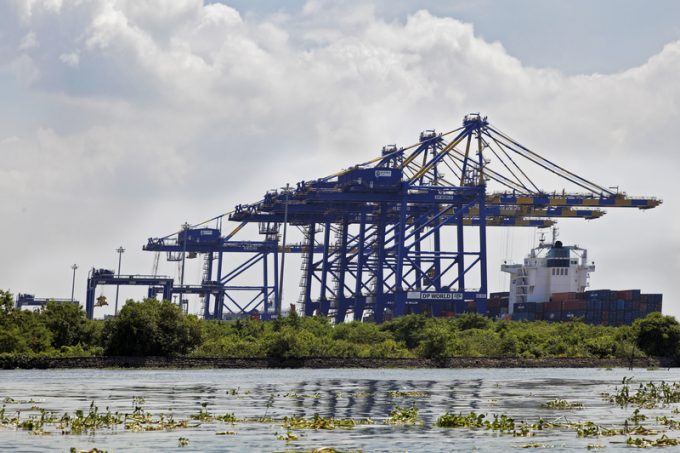Truckers say cargo logjams at Nhava Sheva are testing supply chains
Container hauliers serving terminals at India’s Nhava Sheva port (JNPA) continue to voice concerns over ...

The Global Shippers’ Forum (GSF) is backing India’s push for “all-inclusive” ocean freight rates, claiming carrier surcharges disproportionately impact cargo owners in developing countries.
Last week, Indian carriers and forwarders criticised the government’s plan to remove carriers’ ability to levy surcharges, arguing it would be unlikely to reduce costs and could put local exporters at a competitive disadvantage.
However, the GSF claimed all-inclusive rates would bring “great benefit to Indian exporters and importers”, and vowed to “promote the concept widely among other maritime ...
Volcanic disruption at Anchorage could hit transpacific airfreight operations
Macron calls for ‘suspension’ – CMA CGM's $20bn US investment in doubt
Forwarders stay cool as US 'liberation day' tariffs threaten 'global trade war'
Shippers snap up airfreight capacity to US ahead of tariff deadline
De minimis exemption on shipments from China to the US will end in May
Tighter EU import requirements proving 'a challenge' for forwarders
Looming Trump tariffs will create 'a bureaucratic monster' for Customs

Comment on this article
Anurag
December 09, 2020 at 1:41 pmGoI should lead by example, and eleminate series of surcharges it applies to almost all forms of taxes, Income tax, Customs Duty, Petrol/Diesel cess and so on…